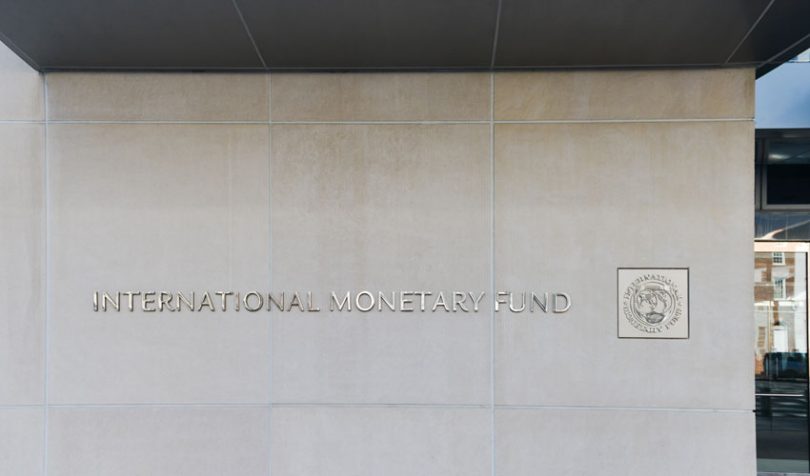On Friday, the IMF published its report on global financial stability in which crypto-assets were given their own chapter. The report states that the financial stability risks are “not yet systemic” but outlines the “growing systemic implications” of the sector.
The IMF covers both the benefits of crypto-assets, including the ability to enable faster and cheaper payments and other inclusive financial services. But the focus is on the risks.
Key areas that attracted attention are:
- The growing market capitalization
- Potential loss of confidence
- Banking exposure to crypto-assets
- Adoption in payments
- New sources of risks.
While the market capitalization of cryptocurrencies is still relatively small compared to the stock markets and bond markets, at more than $2 trillion, it’s grown by a factor of ten in less than two years. Bank exposure and adoption in payments are still limited. However, increasing investments by hedge funds and the acceleration in stablecoin issuance present risks, as does the growing interest in DeFi.
Coverage of stablecoins was largely focused on the risk of the potential for a run on a substantial stablecoin. And in particular, how that might impact the market for the backing assets, such as commercial paper that would need to be rapidly sold.
Emerging market risks
In terms of macro-economic risks, “cryptoization” is seen as mainly an emerging market challenge. It shows that in some emerging economies, especially those with local exchanges, the volumes are starting to approach those of the stock exchanges.
The takeaway is that this shift may often be in response to weak central bank credibility and an existing bias towards dollarization. “Crypto assets on their own do not change the economic forces that lead to the international use of currencies or increased dollarization,” says the report. And as a result, these economies now have less “tolerance for policy missteps.” In some developing countries, the payment systems might be weak and remittances expensive, driving citizens to adopt cryptocurrencies as a substitute.
Cryptoization could present macroeconomic challenges such as enabling capital outflows and increased cryptocurrency mining putting a strain on energy sources. There’s also the risk of bank disintermediation if crypto or stablecoins are used for bank deposits and lending.
The paper concludes with policy implications, such as the need to adopt global standards or, in their absence, use existing tools such as security laws. But it warns that enforcing laws on capital flows is a challenge with cryptocurrencies.






